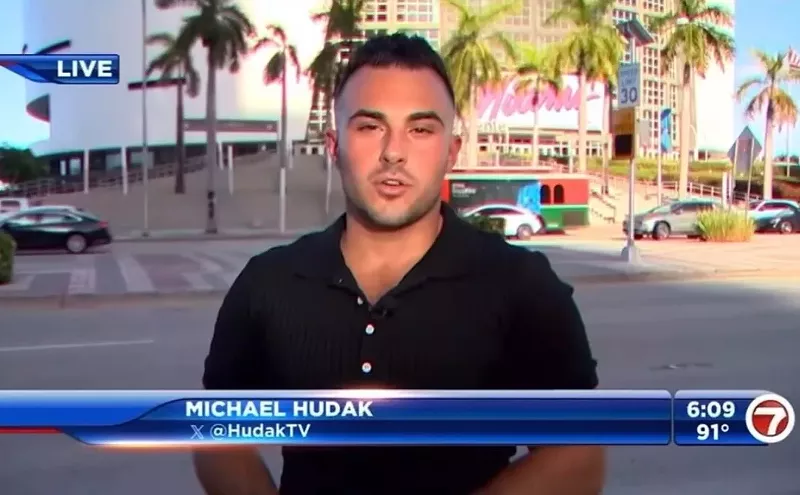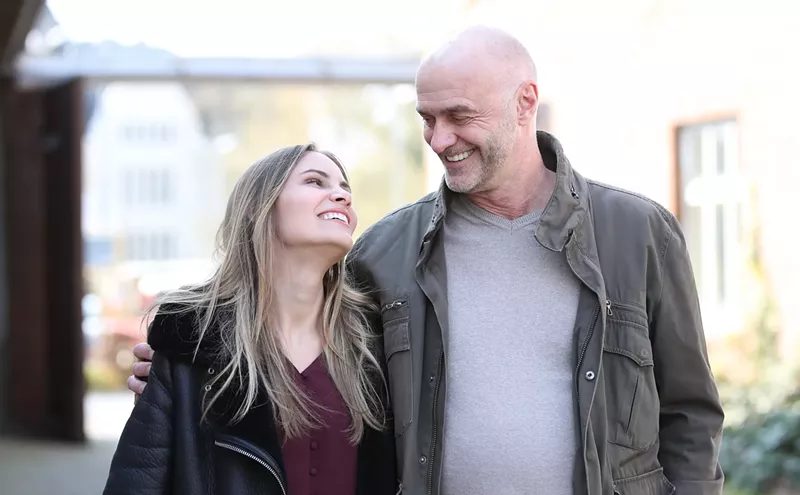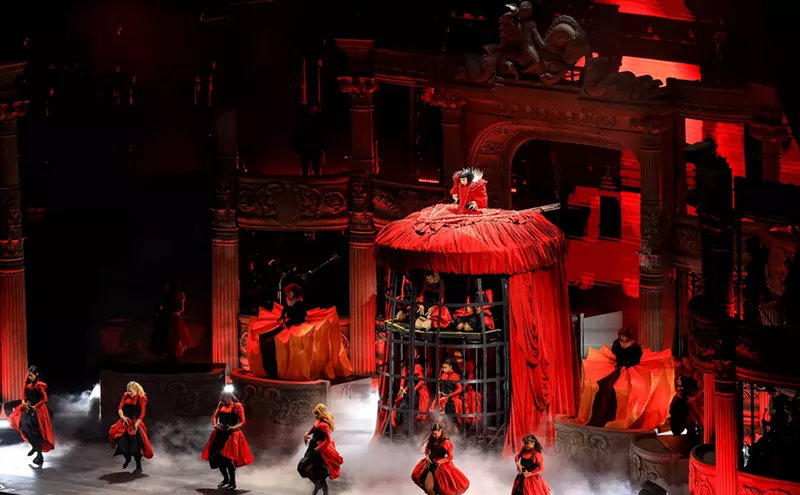In May 1962, a cease-fire was declared with colonial Algeria, marking the first time in 23 years that France was not at war. Filmmaker Chris Marker and cinematographer Pierre Lhomme took to the streets of Paris that month with a handheld camera (a new model also used by Jean Rouch and Edgar Morin to film the contemporaneous ground-level doc Chronicle of a Summer) to interview a cross section of the city's population about the state of their lives at that moment. The freshly restored time capsule Le Joli Mai documents on-the-street talks with a wide variety of Paris residents. A mason cheerfully accepts the eternal need to work to earn money for himself and his family; a poor wife and mother thrills at finally receiving a new, government-granted home; a young African student (from the then-Republic of Dahomey) says he feels no more integrated now than he did upon arriving in Paris; and an Algerian youth describes facing local resentment as he seeks professional training. The film's overview of a largely working-class and leisure-dreaming crowd "made up of a sum of solitude" (per Simone Signoret's elegant English-language voiceover) formed not cinéma vérité but what Marker would call "ciné-moi vérité," surveying everyday life in order to register the artist's point of view. Marker, then making sci-fi short La Jetée, saw himself living within a real-life dystopia, which offered its people the illusion they were now free.

Audio By Carbonatix
[
{
"name": "GPT - Billboard - Slot Inline - Content - Labeled - No Desktop",
"component": "22004575",
"insertPoint": "2",
"requiredCountToDisplay": "2"
},{
"name": "STN Player - Float - Mobile Only ",
"component": "22595215",
"insertPoint": "2",
"requiredCountToDisplay": "2"
},{
"name": "Editor Picks",
"component": "17482312",
"insertPoint": "4",
"requiredCountToDisplay": "1"
},{
"name": "Inline Links",
"component": "18711090",
"insertPoint": "8th",
"startingPoint": 8,
"requiredCountToDisplay": "7",
"maxInsertions": 25
},{
"name": "GPT - 2x Rectangles Desktop, Tower on Mobile - Labeled",
"component": "23181625",
"insertPoint": "8th",
"startingPoint": 8,
"requiredCountToDisplay": "7",
"maxInsertions": 25
},{
"name": "Inline Links",
"component": "18711090",
"insertPoint": "8th",
"startingPoint": 12,
"requiredCountToDisplay": "11",
"maxInsertions": 25
},{
"name": "GPT - Leaderboard to Tower - Slot Auto-select - Labeled",
"component": "17720761",
"insertPoint": "8th",
"startingPoint": 12,
"requiredCountToDisplay": "11",
"maxInsertions": 25
}
]







